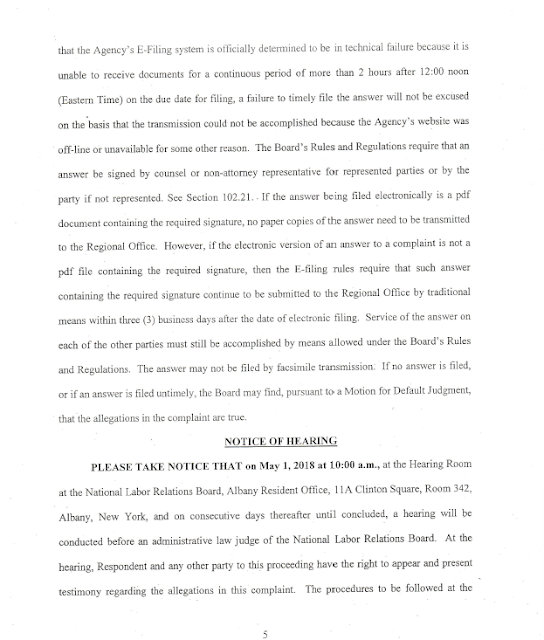IS THE UBC A CRIMINAL ENTERPRISE
An "enterprise" is defined as including any individual, partnership,
corporation, association, or other legal entity, and any union or group
of individuals associated in fact.
ARE THEY ENGAGED IN "A PATTERN OF RACKETEERING ACTIVITY"
UBC LIST
GRAFT
INTIMIDATION AND PERSECUTION
THEFT
EXTORTION
STALKING
RICO defines a “pattern of racketeering activity” as at least two acts of racketeering activity
YOU DECIDE
Racketeering as defined by the RICO act includes a list of 35 crimes
RICO
defines “racketeering activity” as a long list of state and federal
crimes. The federal crimes include bribery, various fraud offenses,
gambling offenses, money laundering, a number of financial and economic
crimes, obstructing justice or a criminal investigation, murder for
hire, and sexual exploitation of children. The
state crimes include murder, kidnapping, gambling, arson, robbery,
bribery, extortion, dealing in obscene matter, and drug crimes.
It
is unlawful for anyone employed by or associated with any enterprise
engaged in, or the activities of which affect, interstate or foreign
commerce, to conduct or participate, directly or indirectly, in the
conduct of such enterprise's affairs through a pattern of racketeering
activity or collection of unlawful debt. 18 U.S.C.A. § 1962(c) (West
1984). The Racketeer Influenced and Corrupt Organization Act (RICO) was
passed by Congress with the declared purpose of seeking to eradicate
organized crime in the United States.
Russello v. United States, 464 U.S. 16, 26-27, 104 S. Ct. 296, 302-303, 78 L. Ed. 2d 17 (1983);
United States v. Turkette,
452 U.S. 576, 589, 101 S. Ct. 2524, 2532, 69 L. Ed. 2d 246 (1981). A
violation of Section 1962(c), requires (1) conduct (2) of an enterprise
(3) through a pattern (4) of racketeering activity.
Sedima, S.P.R.L. v. Imrex Co., 473 U.S. 479, 496, 105 S. Ct. 3275, 3285, 87 L. Ed. 2d 346 (1985).
A more expansive view holds that in order to be found guilty of
violating the RICO statute, the government must prove beyond a
reasonable doubt: (1) that an enterprise existed; (2) that the
enterprise affected interstate commerce; (3) that the defendant was
associated with or employed by the enterprise; (4) that the defendant
engaged in a pattern of racketeering activity; and (5) that the
defendant conducted or participated in the conduct of the enterprise
through that pattern of racketeering activity through the commission of
at least two acts of racketeering activity as set forth in the
indictment.
United States v. Phillips, 664 F. 2d 971, 1011 (5th Cir. Unit B Dec. 1981),
cert. denied, 457 U.S. 1136, 102 S. Ct. 1265, 73 L. Ed. 2d 1354 (1982).
An "enterprise" is defined as including any individual, partnership,
corporation, association, or other legal entity, and any union or group
of individuals associated in fact although not a legal entity. 18
U.S.C.A. § 1961(4) (West 1984). Many courts have noted that Congress
mandated a liberal construction of the RICO statute in order to
effectuate its remedial purposes by holding that the term "enterprise"
has an expansive statutory definition.
United States v. Delano, 825 F. Supp. 534, 538-39 (W.D.N.Y. 1993),
aff'd in part, rev'd in part, 55 F. 3d 720 (2d Cir. 1995), cases cited therein.
"Pattern of racketeering activity" requires at least two acts of
racketeering activity committed within ten years of each other. 18
U.S.C.A. § 1961(5) (West 1984). Congress intended a fairly flexible
concept of a pattern in mind.
H.J., Inc. v. Northwestern Bell Tel. Co.,
492 U.S. 229, 239, 109 S. Ct. 2893, 2900, 106 L. Ed. 2d 195 (1989). The
government must show that the racketeering predicates are related, and
that they amount to or pose a threat of continued criminal activity.


























 THE TRUTHIN8TOR
THE TRUTHIN8TOR









